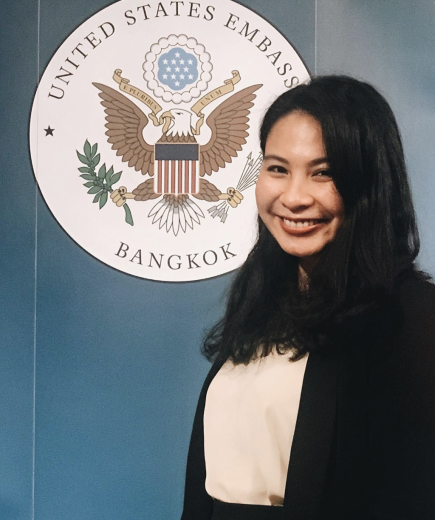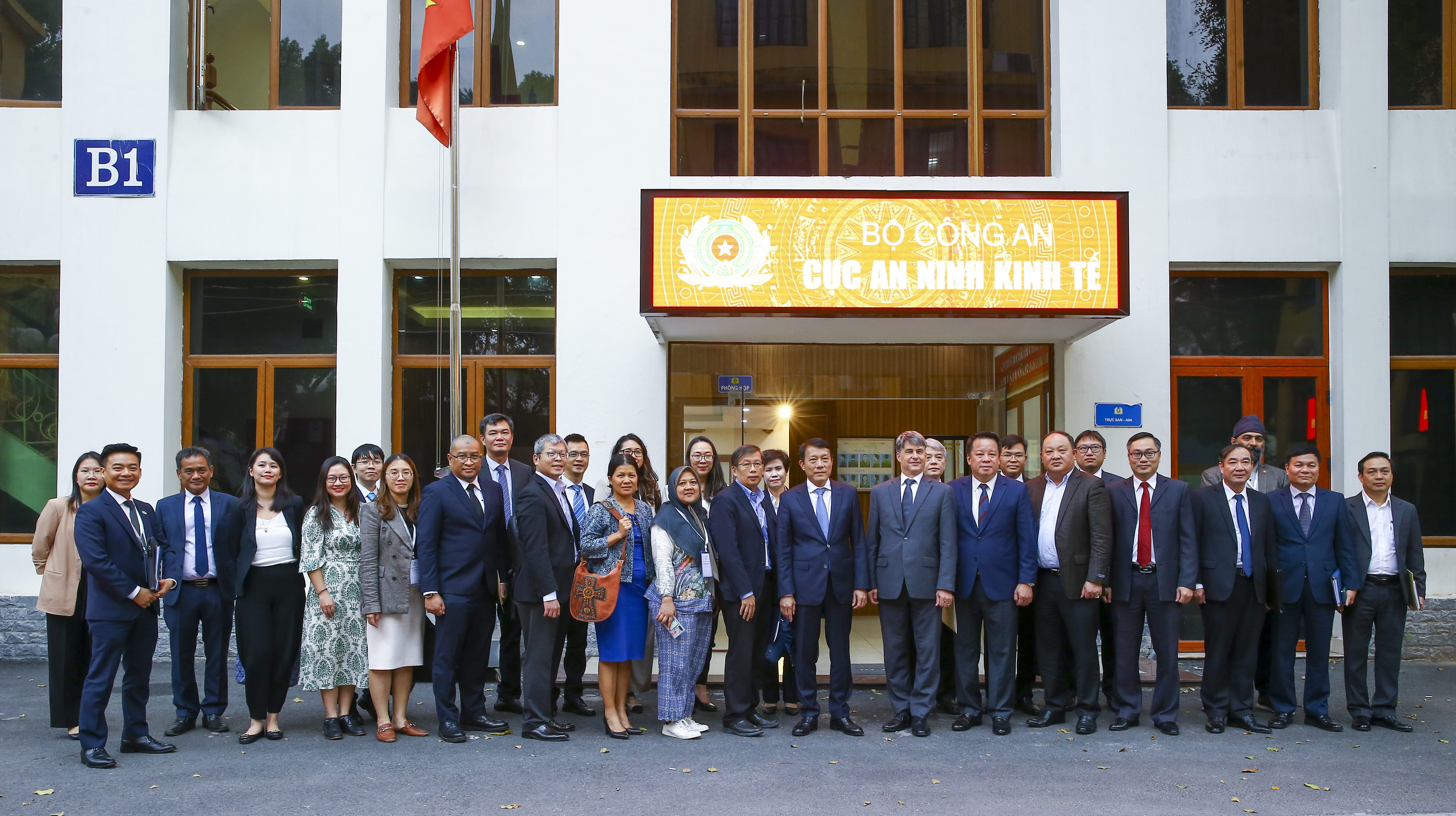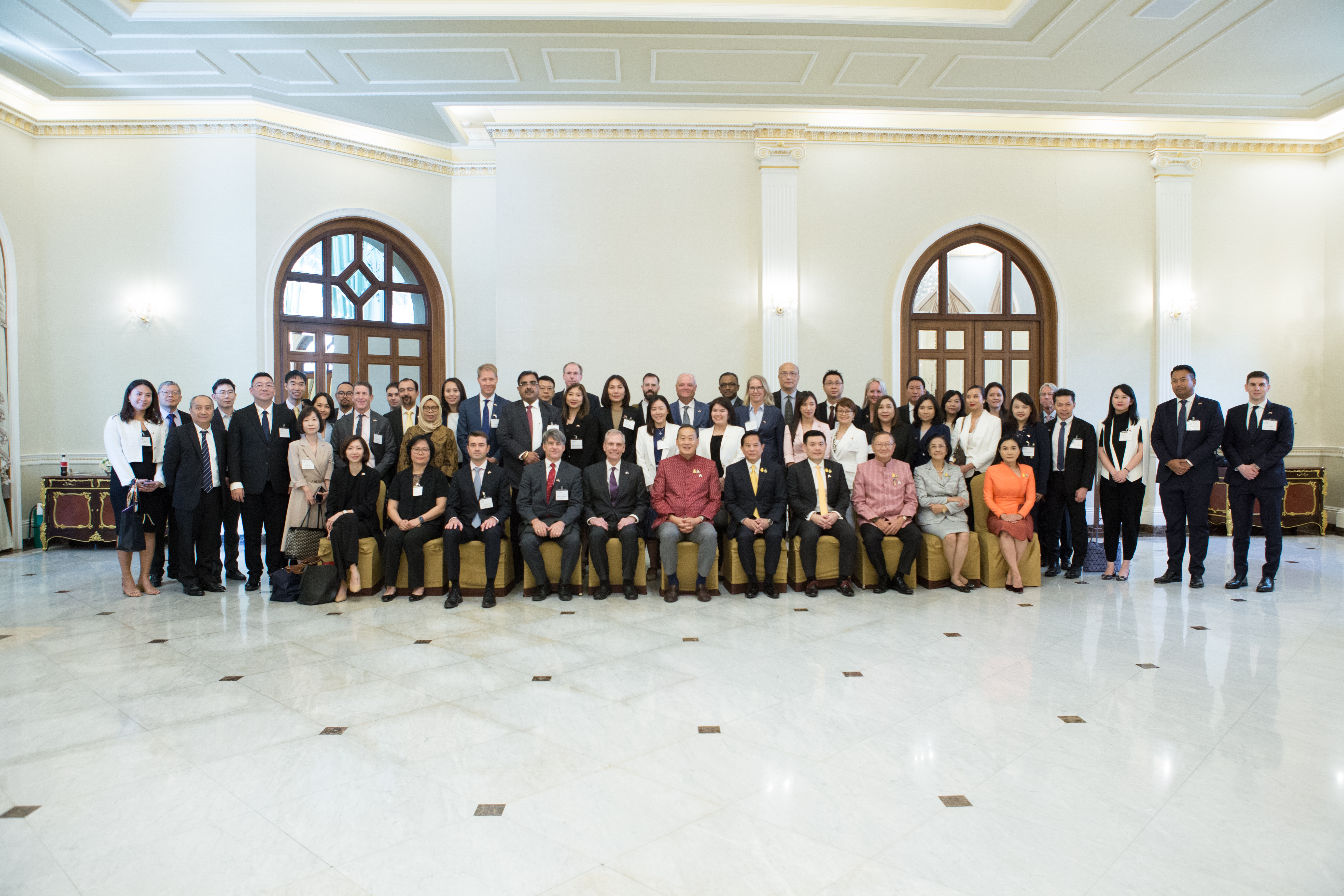Utility Green Tariff (UGT) to boost investment flows

The Electricity Generating Authority of Thailand (EGAT) has collaborated with various organizations, including the Board of Investment (BOI), the Metropolitan Electricity Authority (MEA), and the Provincial Electricity Authority (PEA), to determine an energy price structure that it believes will help attract major corporations to invest in mega renewable projects in Thailand. Warit Rattanachuen, EGAT’s assistant governor for research, innovations and business development, emphasized that EGAT needs to modernize its grid system to accommodate various types of renewable energy such as wind, solar, and biomass, in order to be eligible for green energy rights.
As a result of the EGAT’s assessment, the Utility Green Tariff (UGT) or Green Utility Tariff (GUT) project is set to be implemented in February 2024. The UGT project aims to increase the ratio of clean energy used in the industrial sector, with the government buying electricity generated from renewable energy sources under its Power Development Plan and selling it to industrial users under regulated prices. Yuthasak Supasorn, chairman of the board of the Industrial Estate Authority of Thailand, revealed that that factories in industrial estates demand a total of 10 gigawatts of renewable power in Thailand, based on a recent survey of nearly 5,000 factories.
Pirapan Salirathavibhaga, Thailand’s Deputy Prime Minister and Minister of Energy, estimates that the power price under the project would be set at 4.55 baht per unit. Buyers will have the option to choose green power from either specified or unspecified sources to align with their goal of achieving carbon neutrality. All power producers must be certified by the ministry under international standards. The Energy Regulatory Commission outlined that the rates and conditions will be finalized and categorized into UGT 1 or UGT 2. Deputy Prime Minister Pirapan also highlighted that Thailand will be the first ASEAN country to offer comprehensive services in green power for industrial use, ranging from producing, procurement and certification, once the UGT is launched.
The UGT project not only aims to attract businesses to invest in renewable energy projects but also to enhance the competitiveness of Thai business operators affected by the Carbon Border Adjustment Mechanism (CBAM) implemented by the European Union. The project also aligns with Thailand’s commitment to a net-zero target by 2065.



![Cover-[USABC-Final]-Driving-ASEAN-Unity-Malaysia's-Vision-for-2025](/sites/default/files/2025-07/Cover-%5BUSABC-Final%5D-Driving-ASEAN-Unity-Malaysia%27s-Vision-for-2025.jpg)





